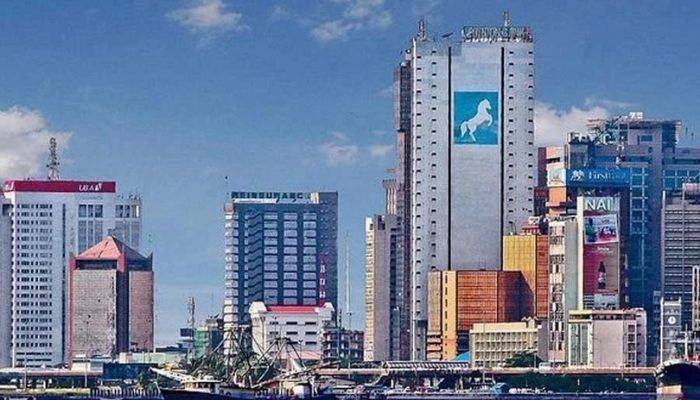According to data from the Central Bank of Nigeria (CBN), in March, Nigerian banks witnessed a substantial decrease in lending to both the private and public sectors, amounting to N23.99 trillion.
An analysis of the data reveals that lending to the private sector decreased to N71.21 trillion in March 2024, down from N80.86 trillion in February, marking a difference of N9.65 trillion. Similarly, borrowing by the public sector was reduced by N14.34 trillion or 42.3% to N19.59 trillion in March from N33.93 trillion in February 2024.
This decline comes amidst an overall improvement in economic growth, where credit to the private sector had surged by 66% compared to the same period in 2023. In January 2024, credit reached N76.29 trillion, significantly higher than the N41.54 trillion recorded in January 2023. This upward trend continued into February, peaking at N80.86 trillion.
However, this recent decline represents a notable shift from the previous year, indicating a 29% decrease compared to 2023.
While several factors may have contributed to the reduced borrowing, analysts suggest that if the trend persists, it could be an early indication of a recession. Paul Alaje, a financial expert, attributed the drop to banks’ reluctance to lend and businesses facing challenges securing loans. High inflation rates and cautious lending practices by banks could also influence factors.
The implications of reduced lending to the public and private sectors are significant for economic expansion. Alaje emphasized that if banks curtail lending, it could hinder economic growth. However, it is premature to conclude that the economy is heading into a recession; further monitoring of lending patterns over the next one to two quarters is necessary.
Prof. Uche Uwaleke, President of Capital Market Academics of Nigeria, linked the decline in lending to recent policy changes, including a substantial increase in the policy rate, Cash Reserve Ratio (CRR), and a reduction in the loan-to-deposit ratio. He emphasized the need for a holistic approach involving monetary and fiscal policies to address inflation and stimulate economic growth.
Nigerian banks’ decline in borrowing underscores the complex interplay between monetary policy decisions, inflation, and economic growth, highlighting the need for a coordinated policy response to address prevailing challenges.


